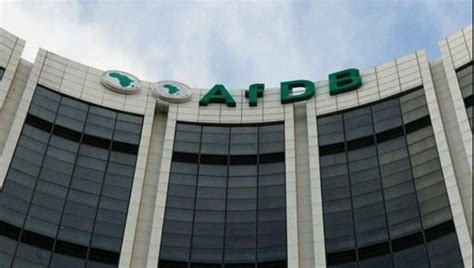It appears that there really are no quick fix to the problem of the economy, nor do the economists or policymakers ever agree on what should be the best approach to battle the challenges of a prostate economy. Recently, the federal government, in a response to incessant complaints on the hardship in the country, decided to reverse itself on the importation of food items into the country. This appeared to have been caused by the disappointment it suffered from the anticipated massive production of food items from the recent harvest season.
The reverse policy was commended by many people, even the opposition did not criticise it, which was interpreted to mean an endorsement. Senator Abubakar Kyari, Minister for Agriculture had announced on July 10 that the Federal Government would suspend duties, tariffs, and taxes on the importation of maize, husked brown rice, wheat, and cowpeas through the country’s land and sea borders, for 150 days. But Dr. Akinwumi Adesina, President of the African Development Bank, AfDB has faulted the decision by the Nigerian government to allow massive food importation into the country. He fears that the country, by that action, risks destroying the country’s agriculture, into which the same government has made huge investments within the last one year.
Adesina who was speaking at the Council of Anglican Provinces of Africa retreat in Abuja titled ‘Food Security and Financial Sustainability in Africa, said, “Nigeria’s recently announced policy to open its borders for massive food imports, just to tackle short-term food price hikes, is depressing.” He warned that the policy could undermine all the hard work and private investments that have gone into Nigeria’s agriculture sector.
The former agriculture minister told his audience, p“Nigeria cannot rely on the importation of food to stabilise prices. Nigeria should be producing more food to stabilise food prices, while creating jobs and reducing foreign exchange spending, that will further help stabilise the Naira.” Apparently oblivious of the desperate called from within the system, which a group is using to legitimise a call for protest by the end of this month, the AfDB boss declared, “Nigeria cannot import its way out of food insecurity, she must not be turned into a food import-dependent nation.”
The clergymen assembled in Abuja under the umbrella of the Council of Anglican Provinces of Africa (CAPA), representing more than 40 million Anglicans across the continent. Reverend Henry C. Ndukuba, the host and Primate of the Church of Nigeria (Anglican Communion), in his earlier remarks said the gathering was a unique opportunity for African Anglican leaders to deepen bonds of friendship and collaboration, and to share collective wisdom and experiences.
The chairperson of the event, Emeritus Nigerian Professor of Science Education, Olugbemiro Jegede, told Adesina: “You have the whole of Africa represented here. Every Primate represents a region. Behind these Primates are millions and millions of Anglicans who are listening to us here.”
Noting that Africa accounts for nearly a third of the more than 780 million people worldwide who are hungry, the African Development Bank president said agriculture is critical for the diversification of economies, and for the transformation of rural areas, where over 70 percent of the population of Africa live. “It is clear therefore that unless we transform agriculture, Africa cannot eliminate poverty,” he insisted.
Adesina said Africa has 65 percent of the uncultivated arable land left in the world, to feed 9.5 billion people by 2050. Therefore, what Africa does with agriculture will determine the future of food in the world. “Essentially, food is money. The size of the food and agriculture market in Africa will reach $1 trillion by 2030.”












